As to be expected of men in the public domain, President Muhammadu Buhari has many admirers and inveterate critics. While some of his admirers are in the terrain of idolatry, some of his critics can justifiably be described as implacable haters and enemies. I think the only person in public life in Nigeria that generated such extreme emotions was the late Chief Obafemi Awolowo.
Nigerians who are not just his political opponents but who hate him are not difficult to recognize. Nothing he does can ever be good. And President Buhari certainly has busloads of haters. When he was ill in 2018, not a few Nigerians wished him dead. I personally encountered some of these Nigerians. I couldn’t understand how you could wish your neighbour, let alone your President, such evil. And some of them claim they are Christians! Even describing themselves as “men of God”.
It was a reflection of our sorry state of being. A spiritual and moral decay.
Of course, there were other citizens who prayed for his recovery. Some of those who didn’t want him to recover have since died. A proof that no man can play the role of God. There are equally millions of Nigerians who can never see anything wrong with the President. Everything he does is fine. In fact, he is the best gift to the country since the amalgamation of Nigeria in 1914. Even when he makes vexatious decisions and inaugurate nepotism as a cardinal instrument of state policy, they hail him. When he refuses to lift his finger or raise his voice at critical moments in the nation’s life, they stillbelieve in him. Their sycophancy knows no end. Any criticism of the President is taken as a personal insult.
It is perfectly in order for a President of any country, and especially a country as diverse as Nigeria, to arouse extreme emotions on both sides of the political divide. While his supporters idolize him, his opponents have utmost contempt for him.It all comes with the presidential territory. Men in power know that the kitchen is always hot. They try to manage the situation as much as they can.
If you defeat an incumbent in an election – based on a multitude of reasons – you are guaranteed a truck-load of enemies. You can rest assured that they will make your life as miserable as possible. Not for them the giving of you the benefit of the doubt. As far as they are concerned, you have failed, even before you take over the reins of power.
Advertisement
Then President Goodluck Jonathan was beloved for a multitude of reasons. For some, it was purely transactional; his stay in power ensured that the PDP faithful held on to the nation’s purse. And from there, they fed fat. There were also those who were simply happy that a minority from the Niger Delta was finally leading the country. His competence or otherwise was immaterial. Losing the presidential election in 2015 was for them a monumental tragedy. To forgive the man who defeated him is beyond them.
Before Jonathan exited Aso Rock, the bowler hat and the Niger Delta dress code were quite fashionable in corridors of power and the Transcorp Hilton in Abuja. Many of those wearing those dresses were just happy that “our man dey there”. It was a psychological compensation for the many years in the political wilderness. The bitterness towards Buhari and all that he stood for by many of them is quite understandable, if not justified. After all, Jonathan was expected to win. It is against the narrative in Third World countries for an incumbent to lose an election. It was surely the handiwork of people who did not mean well. A conspiracy of the ruling clique that did not want an outsider – this time a helpless son of the Niger Delta – to join their ranks. This explanation plainly forgot to recognize the fact that for an incumbent to lose an election in a developing country is a clear manifestation of how incompetent that regime is. If you cannot manage your own political survival, what else can you manage?
But there were also those who vowed to see nothing good in the new administration. That the new President came with the mantra of fighting corruption was bad news. How can you come and fight corruption when that is the mainstay of our political life? Please look for something else to do.
Advertisement
It is true that governments by their very nature begin to lose support of the people as they continue to stay in power. A lot of their supporters had expected magic from them as soon as they are sworn in. And since governance is different from the campaign hustlings, they begin to realise that it is a different ball game. To worsen matters, many of the politicians had made unrealistic promises to ensure that they win the elections. Some of them are overwhelmed by the enormity of the problems confronting them when they ascend to power. Others are manifestly incompetent. The leaders of such governments are more interested in the trappings of power rather than the nitty-gritty of governance. Soon enough, their lack of capacity begins to show.
Having contested for the Presidency of the Nigeria three times before he finally won in 2015, many of Buhari’s supporters had assumed that he was prepared for the job. To think otherwise would have been uncharitable. In addition to the sheer ambition to govern, Buhari did not lack experience. He was once a head of state, a military governor and federal minister. It was ostensibly an impressive resume.
But it soon became clear that there is a big difference between an impressive resume and competence. The first intimation that the country was in for what it didn’t bargain for came early in the Buhari administration. When it took six months to appoint a cabinet after the administration was inaugurated in 2015, the impression was created that time constraint was not a problem and that the country could afford the luxury to stroll in the park. The emergency needs of Nigeria that many of us saw were apparently not visible to those in government. And that was where the rain began to beat us in this dispensation.
President Buhari’s ill health definitely impacted negatively on the performance of his government in the first term. But that was not actually a problem compared to the own-goals the government has scored against itself. A minister resigns or dies in office and it takes the government a million years to replace that person. This is in a country where there are millions of qualified persons to fill such vacancies. The case of Ms. Amina Mohammed who resigned as Minister of Environment to take up an appointment at the United Nations readily comes to mind. The President took all the time in the world to fill that vacancy. The same story played out when the Minister of State for Labour, Mr. James Ocholi, died in an accident on the Abuja -Kaduna highway along with some of his family member. It took almost a year to replace him. No serious government is run like that.
Advertisement
It took President Buhari almost a hundred years to change the Armed Services chiefs. For a long time, it was clear that the guys had done their best, had finished their tenure and deserved a good rest. The war against the Boko Haram insurgency wasn’t going well. Changing the leadership of the armed forces wasn’t exactly the magical wand that would restore normalcy to that trouble part of the country. But there was a near consensus that a new team lead was needed. But the President saw things differently. Not even the National Assembly could persuade him otherwise.
All governments are bound to face challenges. It goes with the territory. It is how they manage those problems that will determine whether they succeed or fail. On coming to power, the Buhari administration identified some of the key problems facing the country: the Boko Haram challenge, the wobbly economy and corruption. It was therefore expected in many quarters that there would be a concerted effort to tackle these problems. Almost seven years after, it will be difficult to give the government a pass mark on any of these.
The economy if far from buoyant. Oil still remains the mainstay of the economy. There has been little or no diversification of our revenue base. We still import so much food into a country blessed with vast arable land. The value of the national currency is at best a scandal. Trying to save from the little earnings people make is now a joke. That is for those who have a little left to save. Most working Nigerians earn salaries that cannot sustain them for two weeks in a month. As a result, people have resorted to begging and other ingenious ways to stay afloat. The rate of unemployment, especially among our youths, is frightening. Everywhere you look, you see the danger signs. The army of the unemployed and unemployable is bound to consume us all, if care is not taken.
Related to the economy is the huge infrastructure deficit confronting Nigeria. You cannot but be appalled by how far we lag behind other civilized climes. We are unable to maintain roads and bridges that were built over 40 years ago. Our electricity system is a disgrace. Public schools, especially tertiary institutions, are less than salutary. Hospitals are worse than the consulting clinics that General Sani Abacha categorized them when the military overthrew the Shagari administration at the end of 1983.
Advertisement
To be fair, the rot started long ago, before the advent of the Buhari administration. But it is the duty of the government of the day to fix the problems confronting it. Not many of us can go back to our alma maters and be proud of what we will encounter today. And I cringe when I see or read administration officials celebrating some minute achievements in this regard. Nigeria is far from where it should be. The time to crow has not come.
Alhaji Lateef Jakande died last week and his monumental achievements as governor of Lagos State for four years and three months were celebrated all over the media space. That was a government that vacated the scene almost 40 years ago. It tells us how much we have regressed as a people.
Advertisement
Apart from the economy and the attendant infrastructural deficit, another major albatross round the neck of the Buhari government is its disdain to listen to the yearnings of the people. A few examples will suffice. One, is the menace of the Fulani herdsmen. While the psychology of the average Fulani herdsman is difficult for some of us to understand (placing more premium on the lives of cattle than human beings) it is the duty of government to safeguard all lives and property in its domain. It is a constitutional responsibility. And the government swore to uphold the constitution. For too long the Buhari administration through acts of commission and omission had given the herdsmen a licence to wreak havoc in different parts of Nigeria. Hundreds of people have been needlessly killed and property destroyed. The body language of this government has not reassuring. Wanton destruction of lives and property by these marauders is now threatening the survival and unity of this country.
Inflammatory comments by Miyetti Allah and people like the Bauchi State governor, Bala Mohammed, havenot helped matters. Tolerating and encouraging impunity and criminality cannot help any of us. The imperative of peaceful co-habitation cannot be over emphasized.And the unity of this country should not be taken for granted. Those in government must recognize that that there isnothing sacrosanct about the indivisibility of Nigeria. The days when the military regime pontificated on “the unity of this country cannot be negotiated” is long past.
Advertisement
Another own-goal by the Buhari administration is its utter disdain for the yearnings for a true federalism. It is like those in power are very satisfied with the state of Nigeria and do not think there can be better ways to move the country forward. Even the report panel headed by Governor Nasir El Rufai of Kaduna to examine this crucial issue has been completely ignored. More than two years after they turned in their report, the Buhari administration has not lifted a finger to implement any part of it. Meanwhile, almost every section of the country is seething with rage and discontent. The panel was set up by the ruling All Progressives Congress (APC).
The foregoing has been exacerbated the ethno-religious tension in the country. Minor disagreements in markets are daily growing into major conflagrations. Anarchists and other trouble-makers are fomenting mayhem in different parts of the country under the guise of defending their religious beliefs. In all these, the government and its security agencies have responded abysmally.
Advertisement
Add nepotism as an instrument of state policy being vigorously pursued by the Buhari administration, you will not but come to the conclusion that the government is its own worst enemy. The arrogance and insensitivity with which some of government appointments are made beggars belief.
In the age of the internet of things, where everybody is a reporter and a commentator and expert in what they know little or nothing about, the Buhari government has been unable to adequately confront this latest challenge of the modern era. Most countries in the world are suffering similar fate. But when government is unable to push a positive narrative, it can result in dire consequences for the society. The Buhari administration has many good stories to tell. But it is hampered by its own negative narrative. Luckily, it still has at least two years to solve The Buhari Problem. It is duty to do so, in order to guarantee a worthy legacy.
Views expressed by contributors are strictly personal and not of TheCable.
1 comments

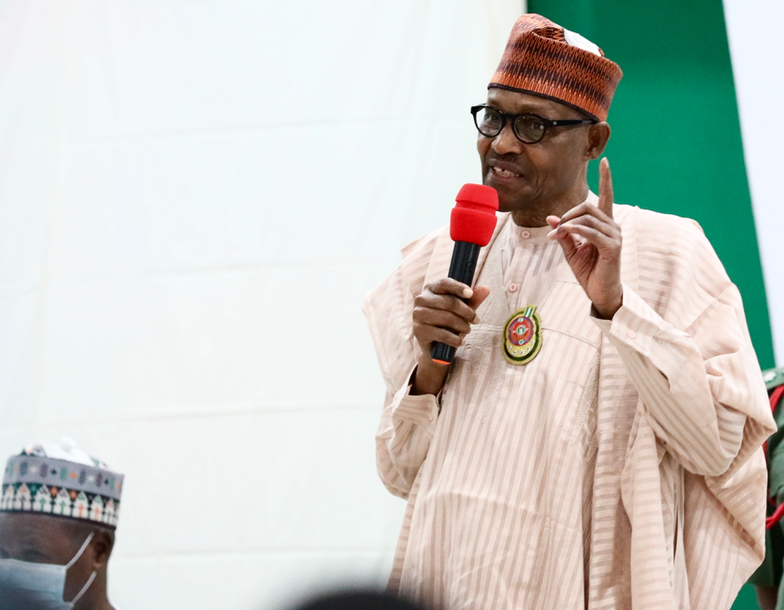
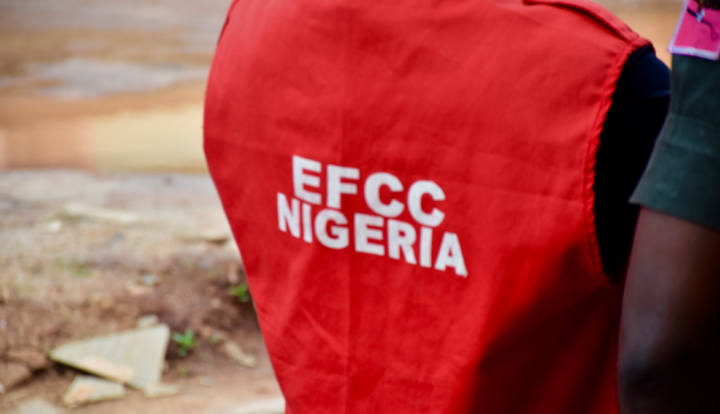
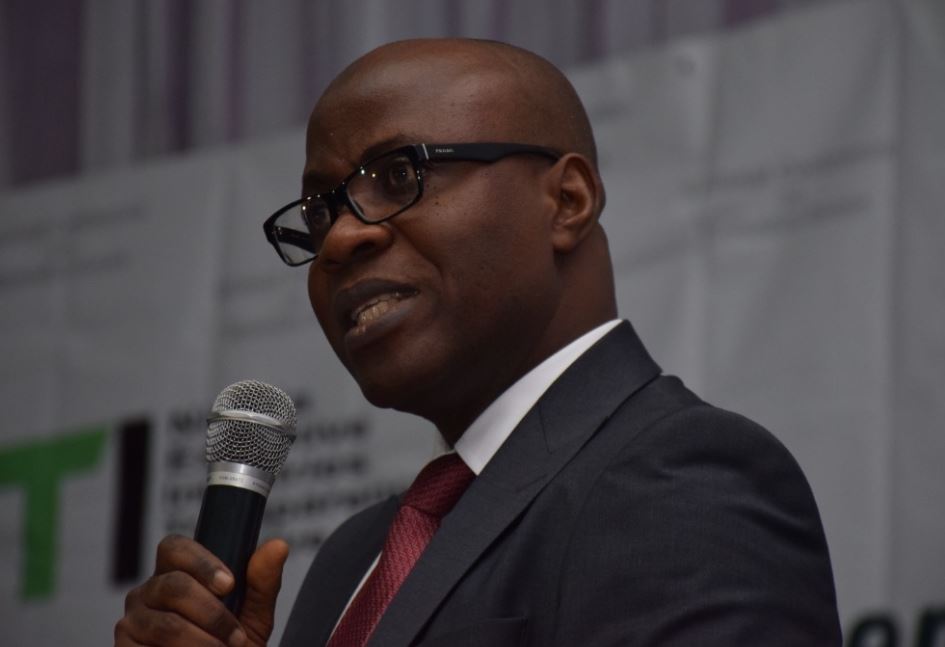

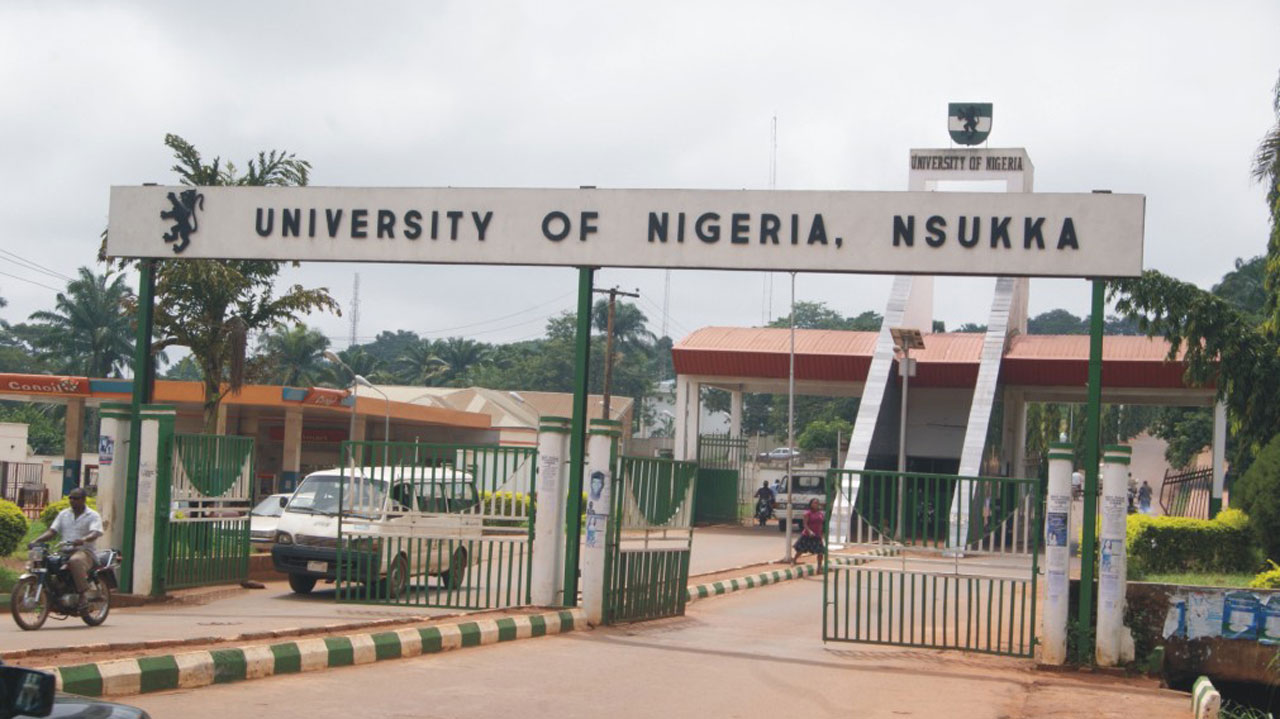
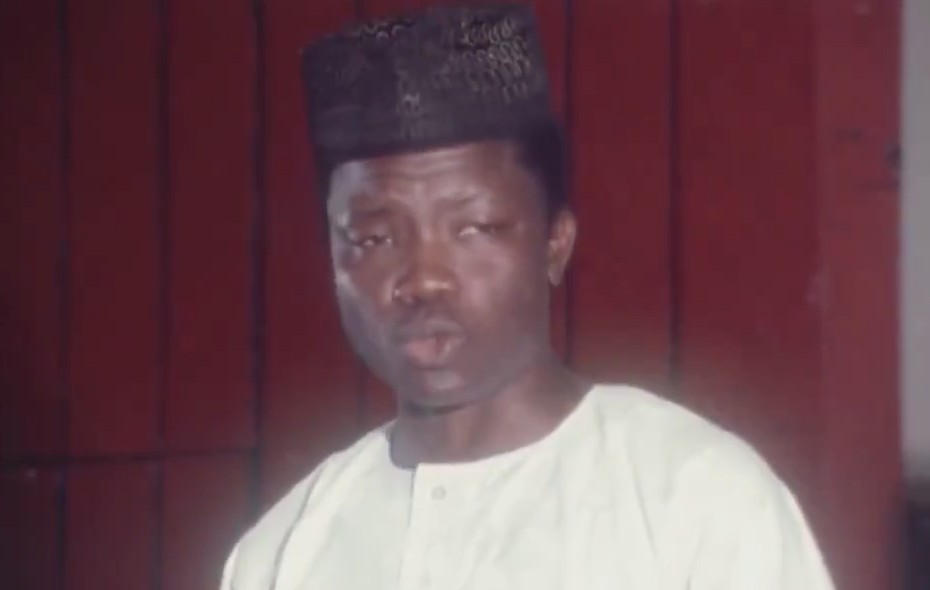
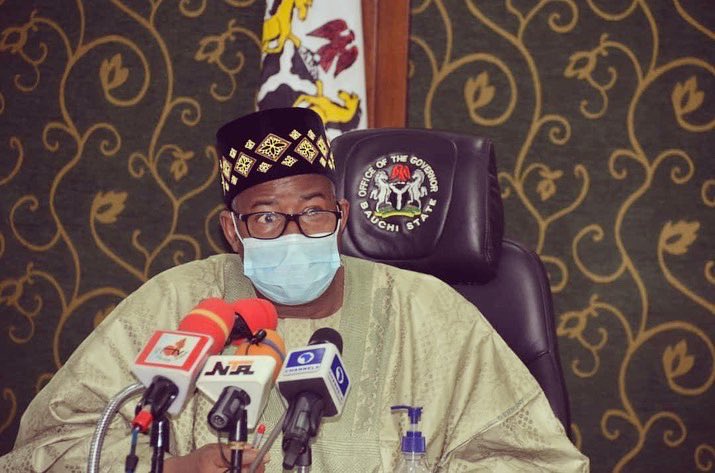
I always love reading Fred’s pieces. Even though he only tangentially touched on the above (many) subjects, they could not be better put